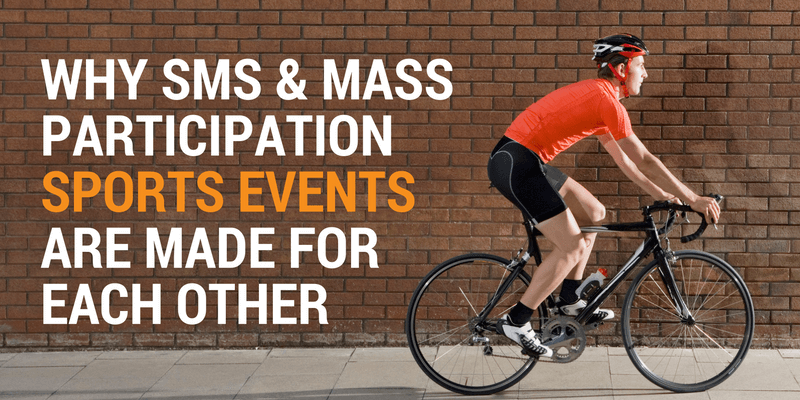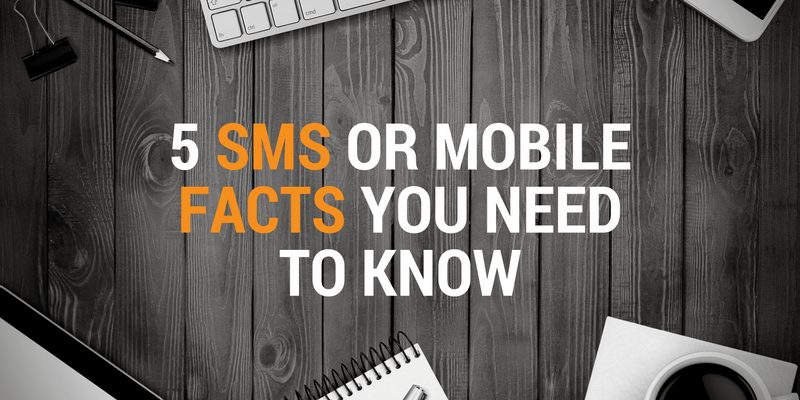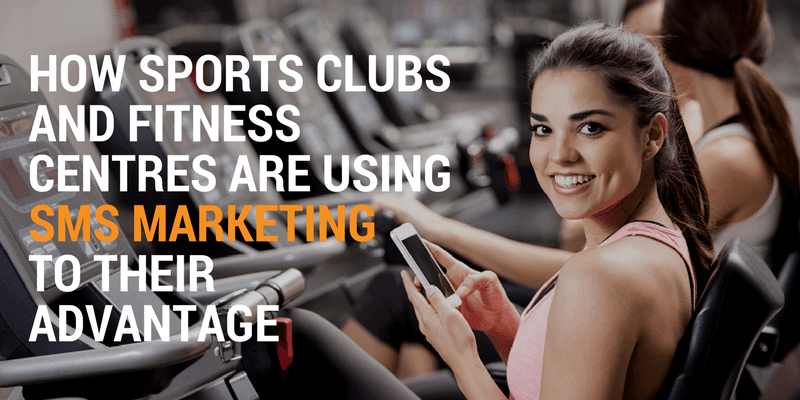How One Small Business Keeps Her Customers Happy – and On Time!

Recently I signed my son up for private swimming lessons. Though I’ve tried group lessons in the past, he’s just too easily distracted to learn well. And he loves being in the water so he needs to learn!
The day before his first lesson I heard the usual tweet-beep notification sound (best onomatopoeia I can think of!). I noticed that the message came from a number I didn’t recognise, but the first word was “REMINDER”. I often need reminders so I opened it up to see:
“REMINDER: Appointment with Winning Swimming, on Mon Apr 25 at 02:00 PM. Please do not reply.”
Immediately, I had two thoughts run through my mind: 1) I was glad to see an SMS reminder, 2) I didn’t remember signing up to get the messages.
SMS reminders
People have their mobiles within arm’s reach about 22 hours of every day. That means even while they are sleeping! It makes sense then, that if you want to remind someone of an important event (an appointment with your small business for example) you should use their mobile.
Email reminders may or may not be read. If you send notifications through an app they might be missed as well. Voice calls are often considered interruptions, and who has time to listen to a voicemail? But if you send a reminder via SMS, your customer is certainly going to see it. People still read virtually every text message they get, and do so within a few minutes of receiving it.
If you’re wondering how effective they really are, here are a couple of data points. One study looked at the effectiveness of SMS reminders on NHS “Did not attend” (DNA) rates. Specifically, they looked at a version of an SMS reminder that included the cost to the system if someone did not attend. The study concluded that the version tested would result in 5,800 fewer missed appointments over the course of a year.
Another example is from a study done on ophthalmology outpatients at one practice in London. When compared to patients who did not receive an SMS reminder, there was a 38% drop in non-attendance by those that received a reminder.
Earlier this year I wrote a whole post about a dentist who “eliminated” no-shows by using a series of SMS reminders. You can read the whole story here.
If you’re still in doubt about how effective SMS reminders can be, just do some Googling about it. You’ll see academic study after study, and case study after case study that shows how much time and money it can save a small business (or the government in the case of NHS!).
No permission
Up above I mentioned that the second thought I had was that I didn’t give permission for the business to send me SMS messages. Initially I thought I must have missed it in my reading of the contract, policies, and waiver forms. But when I went looking, I found no reference to them saying they will send electronic reminders.
In the UK, the Privacy and Electronic Communications Regulations (PECR) govern how businesses can use electronic means to communicate with their customers. Since I gave them my phone number when I signed my son up for lessons, they could technically send me messages. The content of the SMS messages (and emails) they send are all related to the service they are providing after all.
Still, it’s best practices to have a specific opt in. For example, I really don’t want both email and SMS reminders. My email is cluttered enough as it is, so SMS alone would be fine. This is something they could add to their sign up process very easily.
I asked the owner of the business about the use of SMS messaging and she said that her customers are all “very happy” about getting the messages. People comment all the time how much they appreciate them. And of course, she has very few no-shows.
Costs for small businesses
The cost of SMS messaging is reasonable for small businesses too. For example, this swim instructor runs the business out of her home. Her garage was converted into a swim lab, complete with an “endless” style indoor pool. She doesn’t have a large operation at all, and her prices are extremely reasonable given the personal one-on-one teaching environment.
The cost of sending reminders to her customers is small, but helps save money too by reducing no-shows. The messages also help her maximise her time because she isn’t waiting around for someone to show when she could be doing other things. If they can’t make it, customers usually call her to reschedule when they get the SMS reminder. When you run a small business, especially if it’s just you, your time is money too.
SMS reminders can be used for many different types of businesses as well. Appointment reminders are just one example. Rent collection, supply re-orders, and prescription refill reminders are other examples. If you have questions how SMS reminders can be used in your business, we’d be happy to answer them. Just click on the live chat, email us, or call to speak with our helpful staff.
Related Articles
Referral Marketing Through SMS Messaging
What is one almost guaranteed way of getting new customers? Ask for them. Really. Studies show that 83% of satisfied customers are willing to recommend a company, product or service to their family and friends. Here's how you can use SMS to simplify and improve your referral marketing.
SMS Messaging to Kick Off Your Summer Kids Club
Why SMS and Mass Participation Sports Events are Made for Each Other
Most major sports teams in the UK and US already know the power of SMS for engaging fans via scores, stats and other data. But the power of SMS can extend far beyond the world of the major leagues. SMS is ideal, not only for communicating with participants but to coordinate teams of volunteers across the event.
How One Small Business Keeps Her Customers Happy – and On Time!
People have their mobiles within arm’s reach about 22 hours of every day. That means even while they are sleeping! It makes sense then, that if you want to remind someone of an important event (an appointment with your small business for example) you should use their mobile.
5 SMS or Mobile Facts You Need to Know
So many of us are used to having our mobiles around nearly 24 hours a day that it’s easy to forget it’s still a growing industry. And though SMS has been around for over two decades, the ways we use it and people’s willingness to use it continues to grow. So for this blog I picked out five facts about mobile and SMS that really make the case that SMS for business has come of age. Let’s see if you agree.
How to Use SMS Messaging to Keep Your Club Members Healthy
In a report released last week by Nielsen, it turns out people want more than just to see a lower number on the scale. In their study, 75% of people worldwide plan to lose weight by changing their diet. And another 72% plan to exercise – that’s where your health club and SMS comes in.
SMS Voting Ideal for Creative Communities to Engage Followers
Twitter is a great place to quickly scan and see what is going on in the world, or in a particular niche topic. I was looking around at SMS related topics the other day and found many good (and some not so good) articles. But I also found many more pleas for votes from musicians, bands, and even illustrators.
Using SMS Messaging to Take Customer Communication to Another Level
When people talk about SMS marketing they usually refer to the one-way message with coupon codes for a sale. Or potentially a two-way message requiring the customer to respond with a keyword in order to get a deal. And that is customer communication for sure. It’s also marketing. But it’s just the very basics of what SMS messaging can do for your business.
How Clubs Can Benefit from Using Text Messaging
Read how clubs can benefit from the use of text messaging services to reduce wasted time and increase customer satisfaction. They can confirm appointments in advance with an option to text back to cancel or re-schedule thus reducing no-shows. SMS is also great for sharing news and special offers with members.
How Sports Clubs and Fitness Centres are Using SMS Marketing to Their Advantage
Statistics show that a huge 98% of text messages are opened within the first fifteen minutes of being received, so it's little wonder that sports organisations and fitness centres have been looking to take advantage of a potentially lucrative market.











